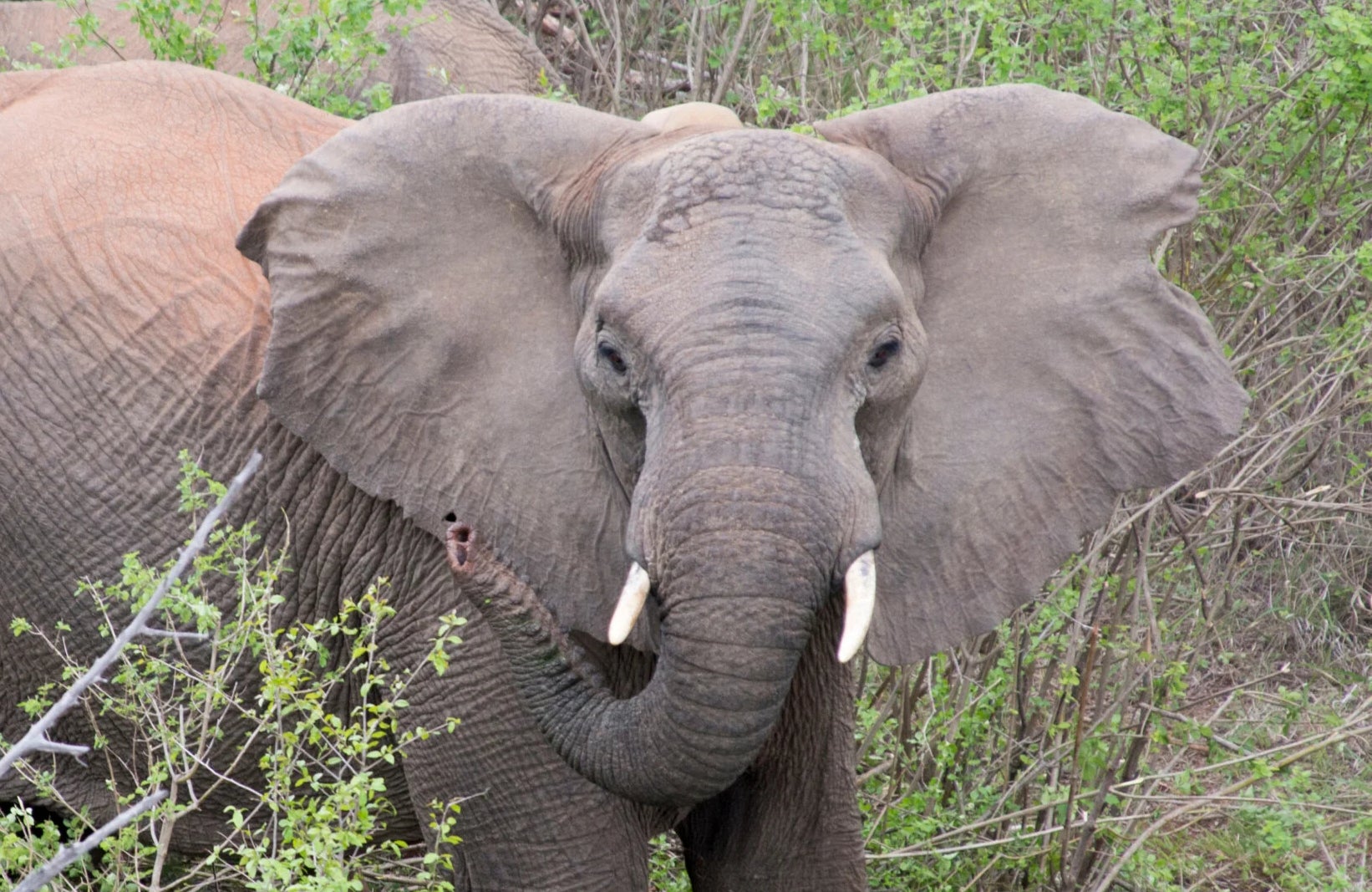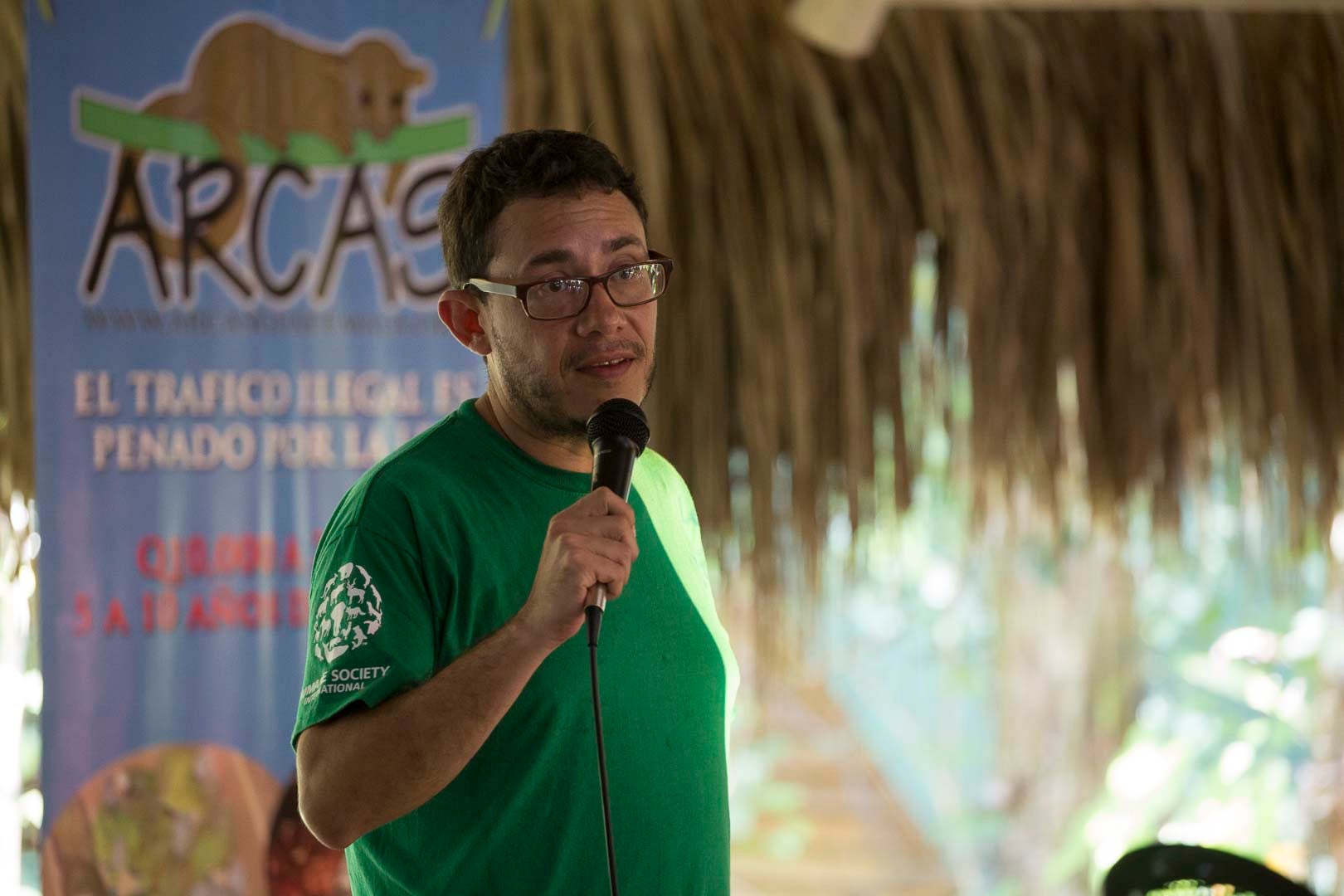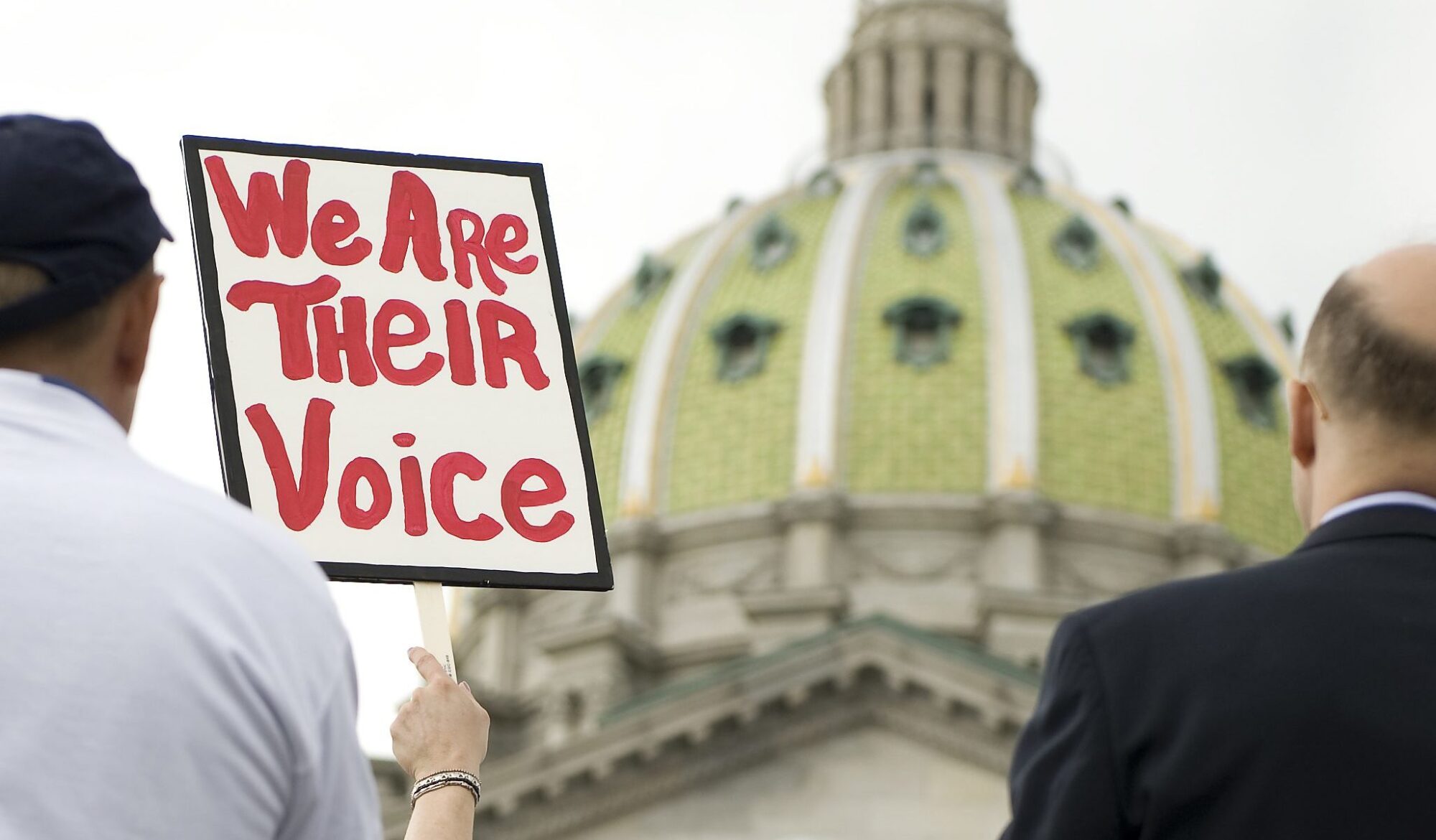
BRUSSELS—Today’s decision by the Standing Committee of the Bern Convention to downgrade the protection of the wolf represents a dangerous step backwards for biodiversity and sets a worrying precedent for wildlife conservation in Europe, according to several animal protection organisations.
Meeting in Strasbourg this week, the Committee agreed to reclassify the wolf from “strictly protected” to “protected” under the Bern Convention. The International Fund for Animal Welfare (IFAW), Eurogroup for Animals and Humane Society International/Europe warn that this politically motivated decision undermines decades of slow but steady progress in the recovery of the species.
“This decision disregards science and opens the door to political interference in conservation efforts,” said Ilaria Di Silvestre, IFAW’s Director of Policy and Advocacy for Europe. “The wolf is still endangered in many parts of Europe, and weakening its protection will only lead to further conflict and threaten its recovery.”
Dr Joanna Swabe, Senior Director of Public Affairs at Humane Society International/Europe (HSI) added: “The EU decision-making on lowering legal protections for wolves sets a dangerous precedent for other European species, such as bears and lynx. All decision-making relating to the protected status of wildlife species must be based on robust scientific evidence. Instead, decisions on wolves have clearly been driven by political expediency and succeed only in appeasing vocal interest groups, such as hunters, who prefer to take recourse to rifles, rather than seeking coexistence with large carnivores.”
Although the wolf has recovered in parts of Europe, six out of nine European wolf populations remain in a status of near threatened or vulnerable. Conservationists emphasise that protective measures are vital to ensure that the species reaches and remains in a favourable conservation status. If transposed into EU legislation, the downgrade of the wolf’s protection status would allow for greater hunting flexibility, but experience and scientific evidence have shown that culling is an ineffective solution to reducing attacks on domestic animals, as opposed to preventive measures successfully implemented by many farmers across the EU.
Léa Badoz, Wildlife Programme Officer at Eurogroup for Animals commented: “The wolf is unfortunately the latest political pawn, a victim of misinformation. Downgrading protection will not solve the challenges of coexistence nor help farmers. It is based on misconceptions and threatens wolves, while failing to provide real support for farmers and local communities, many of whom are in favour of coexistence with the wolf. Proven coexistence measures must be the priority, and the EU should help through financial means.”
The three NGOs are committed to promoting coexistence with wildlife and closely monitoring any subsequent changes to the EU Habitats Directive, to ensure that the protection of European species is not further compromised.
ENDS
Editor’s Note: Survey on attitudes towards large carnivores in rural communities.
Media contacts:
- HSI/Europe: Yavor Gechev, EU communications director: +359 889 468098; ygechev@hsi.org
- IFAW: Jürgen Noack, Communications Consultant: +32 470 48 49 05; jnoack.contractor@ifaw.org
- Eurogroup for Animals: Theresa Bonnici, Press Officer: +32 456 42 11 99; t.bonnici@eurogroupforanimals.org



